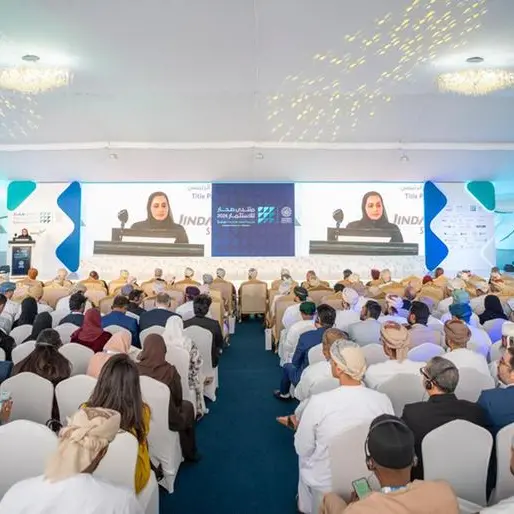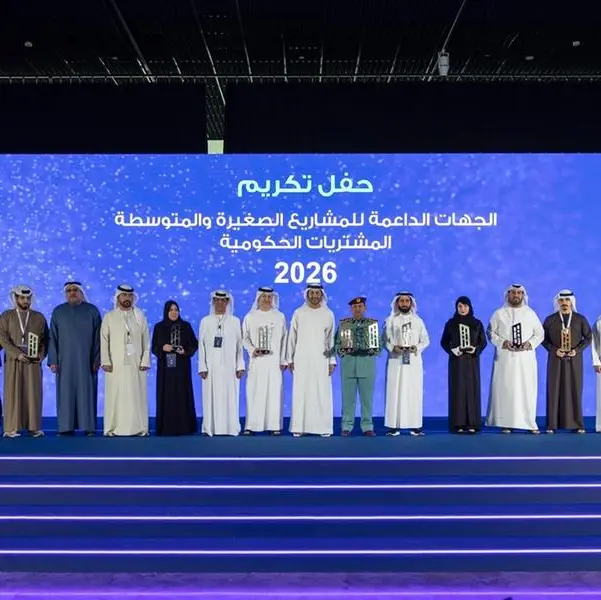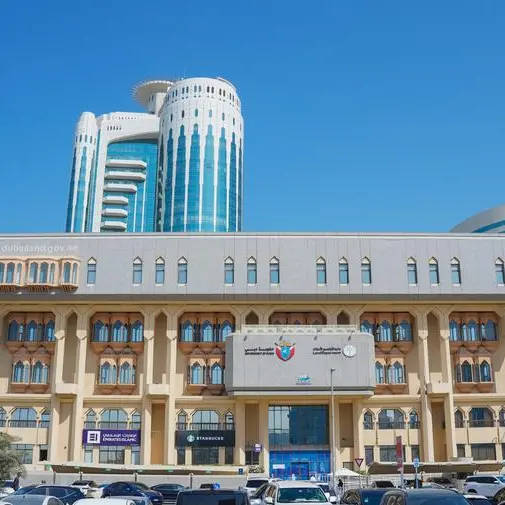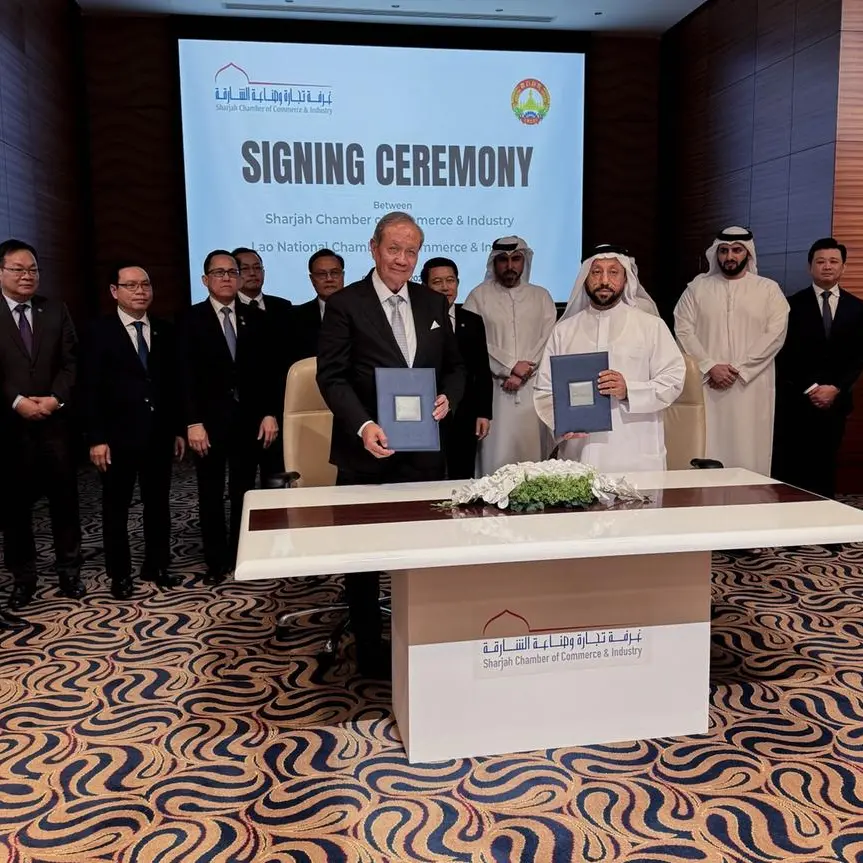Manama, Bahrain – MENAFATF, the Financial Action Task Force (FATF)-Style Regional Body, adopted its FATF Recommendations ratings for the United Arab Emirates at the closing of its May plenary, in recognition of its efforts to combat money laundering and terrorism financing.
Recommendations (1), (19), and (29) have been upgraded to ‘Compliant’ or ‘Largely Compliant’ in response to the positive measures taken by the UAE. The FATF Recommendations are the technical and legal building blocks for an effective framework to combat money laundering, terrorist financing, and proliferation financing.
HE Hamid AlZaabi, Director General of the EO AML/CTF, welcomed the upgrading of the three FATF Recommendations ratings and said, “The UAE is working diligently to implement effective measures that ensure that we are fully compliant with the FATF Forty Recommendations. The upgrading of Recommendations (1), (19), and (29) to compliant or largely compliant is a welcome recognition of our progress under the stewardship of the Higher Committee Overseeing the National Strategy on Anti-Money Laundering and Countering the Financing of Terrorism, and I would like to thank all of the UAE authorities whose hard work has contributed to this achievement. We will continue our efforts to improve ratings for Recommendations as part of a firm commitment to building an AML/CFT system that befits our vision of becoming a leading country in the fight against financial crime.”
The rerating of Recommendation (1) reflects the progress made by the UAE in implementing a risk-based approach (RBA) and its ongoing work with the World Bank Group to complete its second National Risk Assessment. Recommendation (1) requires member countries to identify, assess, and understand their specific money laundering and terrorist financing risks and to take actions to ensure the risks are mitigated effectively.
Recommendation (19) requires financial institutions to apply enhanced due diligence measures to business relationships and transactions with natural and legal persons and financial institutions from countries for which this is called for by the FATF. It also requires countries to be able to apply appropriate countermeasures when called upon to do so by the FATF.
Recommendation (29) is concerned with operational capabilities and requires countries to establish an operationally independent financial intelligence unit (FIU) that serves as a national centre for the receipt and analysis of suspicious transaction reports and other information relevant to money laundering, associated predicate offences, and terrorist financing and for the dissemination of the results of that analysis. The FIU should be able to obtain additional information from reporting entities and should have access on a timely basis to the financial, administrative, and law enforcement information that it requires to undertake its functions properly.
About EO AML/CTF
The Executive Office of Anti-Money Laundering and Counter Terrorism Financing was established by UAE Cabinet decree in 2021 and is charged with overseeing the implementation of the National AML/CFT Strategy and the National Action Plan (NAP). The EO AML/CTF is the primary national coordinating body on AML/CFT efforts within the UAE and aims to enable and better equip the UAE in building a strong and sustainable AML/CFT structure. To achieve its objectives, the EO AML/CTF holds a wide-ranging mandate to assist AML/CFT related entities in enhancing efficiency and effectiveness.
About MENAFATF
MENAFATF was established in 2004 by 14 governments in the Middle East and North Africa as a FATF Style Regional Body. Its mission is to combat financial crime through the implementation of the Financial Action Task Force’s 40 recommendations on combating money laundering and the financing of terrorism and proliferation and adherence to related UN Conventions and UN Security Council Resolutions. MENAFATF members work collaboratively to comply with FATF recommendations, which are considered the globally-accepted international standards for AML/CFT, establish effective AML/CFT systems, and create legal frameworks and systems that are consistent with international best practices.
About the FATF Forty Recommendations
The original FATF Forty Recommendations were drawn up in 1990 as an initiative to combat the misuse of financial systems by persons laundering drug money. In 1996, the Recommendations were revised for the first time to reflect evolving money laundering trends and techniques, and to broaden their scope well beyond drug-money laundering. In October 2001 the FATF expanded its mandate to deal with the issue of the funding of terrorist acts and terrorist organisations, and took the important step of creating the Eight (later expanded to Nine) Special Recommendations on Terrorist Financing. The FATF Recommendations were revised a second time in 2003, and these, together with the Special Recommendations, have been endorsed by over 180 countries, and are universally recognised as the international standard for anti-money laundering and countering the financing of terrorism (AML/CFT).
For more information
EO AML/CTF please contact Ms. Aliya Almheiri: Aliya.Almheiri@amlctf.gov.ae



















